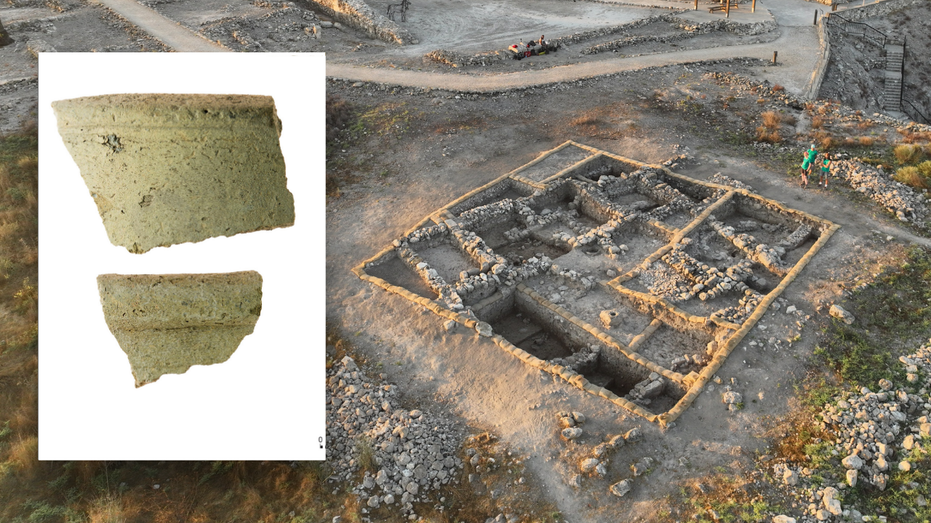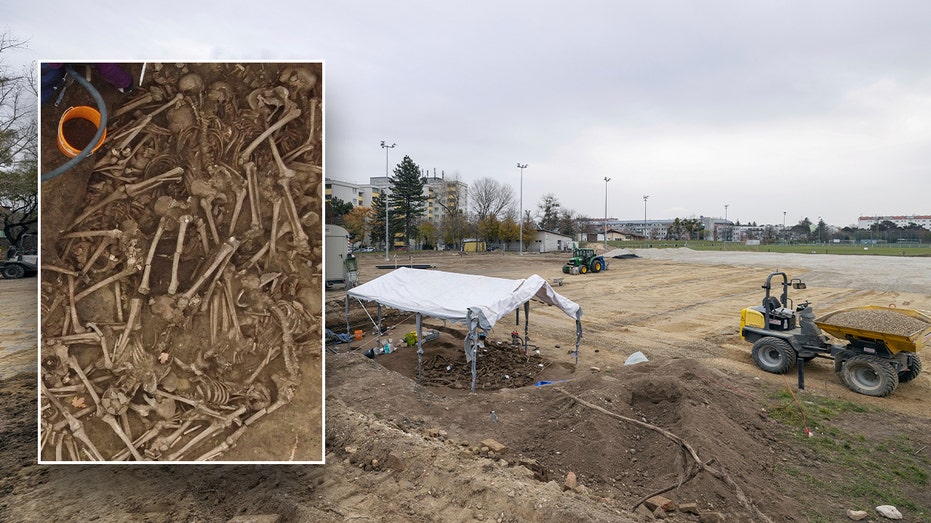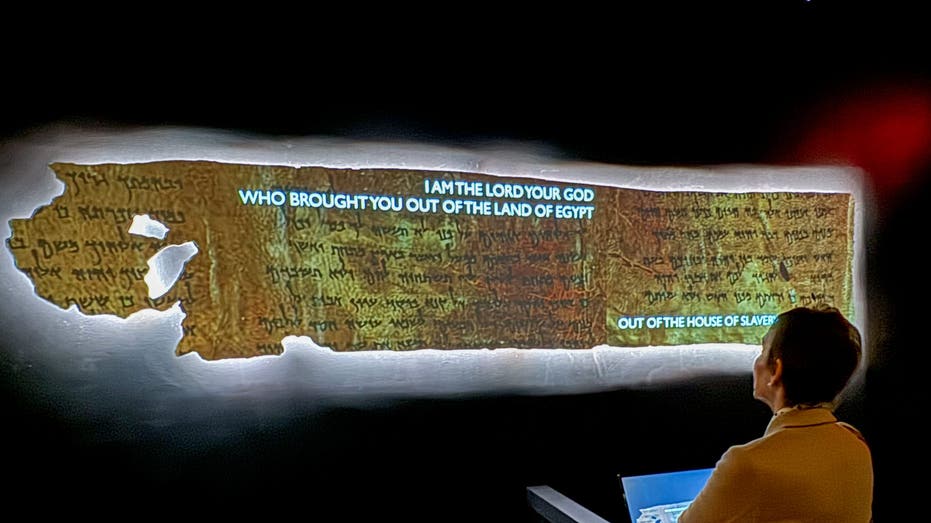- by foxnews
- 08 Apr 2025
Archaeologists uncover proof of ancient biblical battle at Armageddon site: 'Exceptional phenomenon'
A team of archaeologists may have discovered evidence of the biblical Battle of Megiddo, where Josiah, the king of Judah, was killed by Egyptian forces in 609 B.C.

Archaeologists believe they have uncovered evidence of an ancient biblical battle, all thanks to a few broken fragments found in a curious location.
Tel Megiddo was the location where Josiah, the king of Judah, famously fought the Battle of Megiddo in 609 B.C. The Jewish leader was defeated and killed by the army of Egyptian Pharaoh Necho II.
Dr. Assaf Kleiman, a senior lecturer at Ben-Gurion University of the Negev in Israel, told Fox News Digital he believes the pottery fragments belonged to the Egyptian army that defeated Josiah.
The findings consist of "significant quantities" of Egyptian-produced broken vessels dating back to the late 7th century B.C., close to when the Battle of Megiddo was fought.
Instead of the fragments being proof of a trade relationship, Kleiman believes that they were brought in by Egyptian troops rather than being imported into the territory.
"The exposure of so many Egyptian vessels, including fragments of serving bowls, cooking pots, and storage jars, is an exceptional phenomenon," Kleiman explained.
He also said that the Grecian pottery may be proof of Greek mercenaries in the Egyptian army, which was not unheard of at the time.
"Service of Greeks, probably from western Anatolia, in the Egyptian army of the 26th Dynasty is referred to in both Greek [from Herodotus] and Assyrian sources," Kleiman noted.
"The possibility of the participation of such mercenaries in the killing of Josiah may be hinted in prophetic works in the Bible."
Kleiman also explained that the Egyptian settlement at Megiddo "did not last long" and that the building where the artifacts were found was likely abandoned decades later. The broken vessels were probably left as litter.
"We can also note that literacy was more common in that era, and thus his reign was most likely documented by scribes who witnessed the events in real time," Kleiman said. "Evidence for Necho's presence in the Levant and the battle against the Babylonians in Carchemish, where the Egyptians lost, is documented in the Babylonian chronicles as well as in the Bible, in Jeremiah and Kings."
Archaeologists plan to do more research into the site's Bronze Age roots.
Kleiman also found evidence to believe that some members of the Ten Lost Tribes of Israel were not all expelled to Mesopotamia in the 7th century B.C. and actually may have stayed in Megiddo.
- by foxnews
- descember 09, 2016
Ancient settlement reveals remains of 1,800-year-old dog, baffling experts: 'Preserved quite well'
Archaeologists have recently unearthed the remarkably well-preserved remains of a dog from ancient Rome, shedding light on the widespread practice of ritual sacrifice in antiquity.
read more




